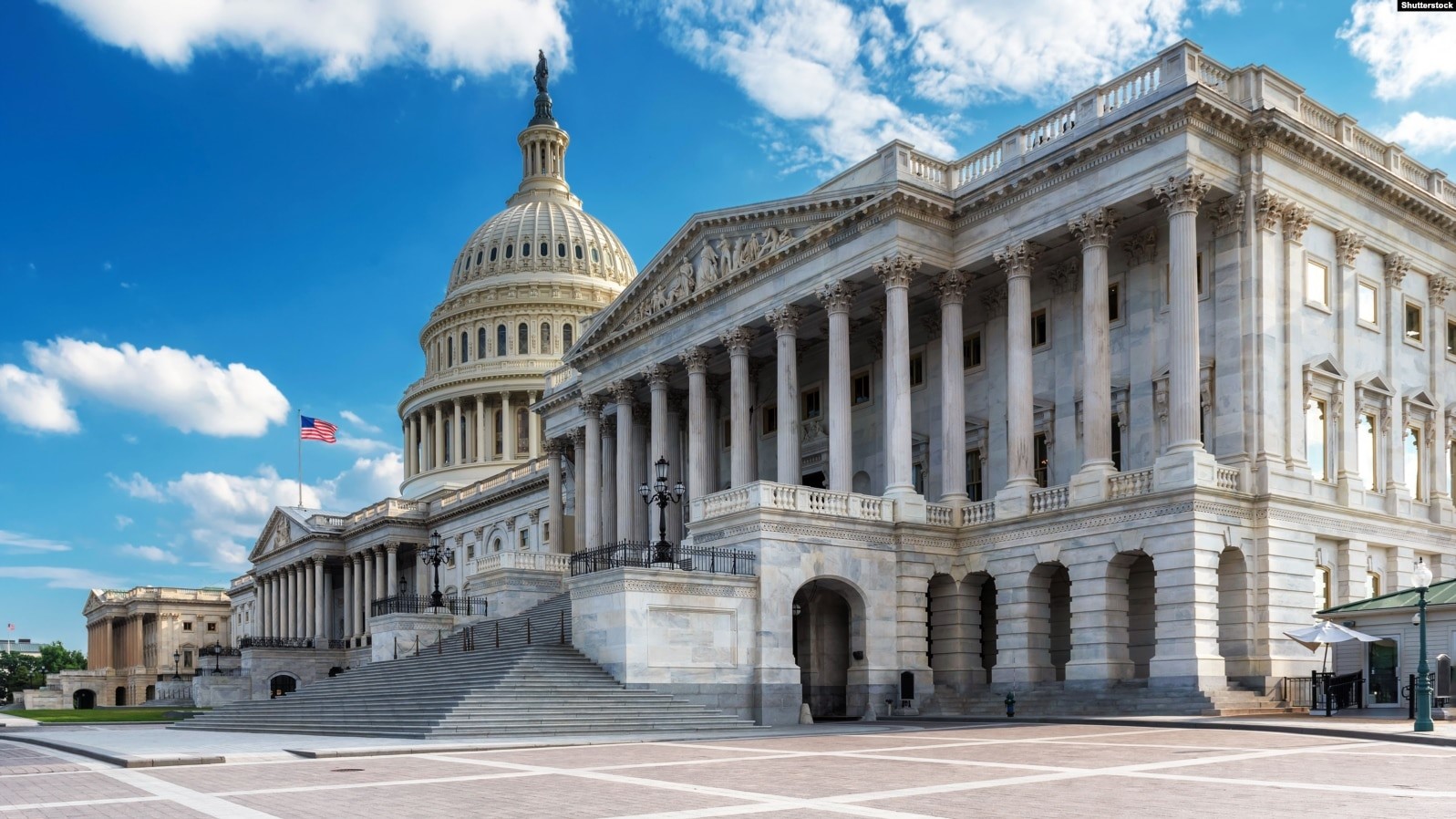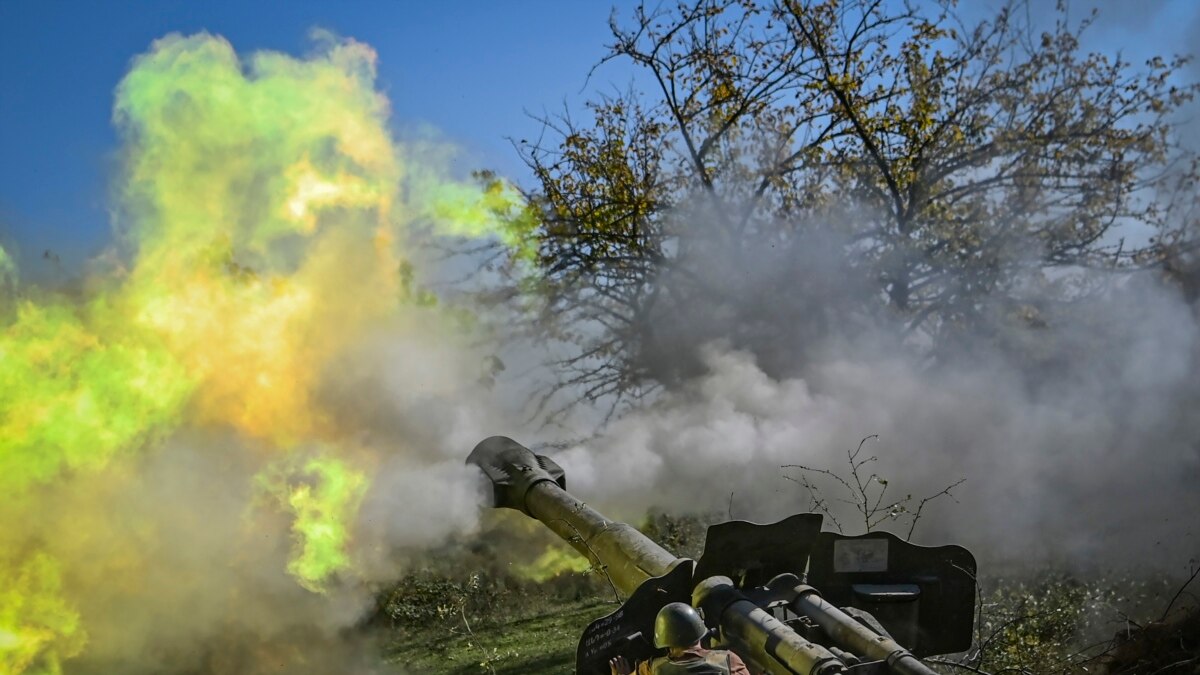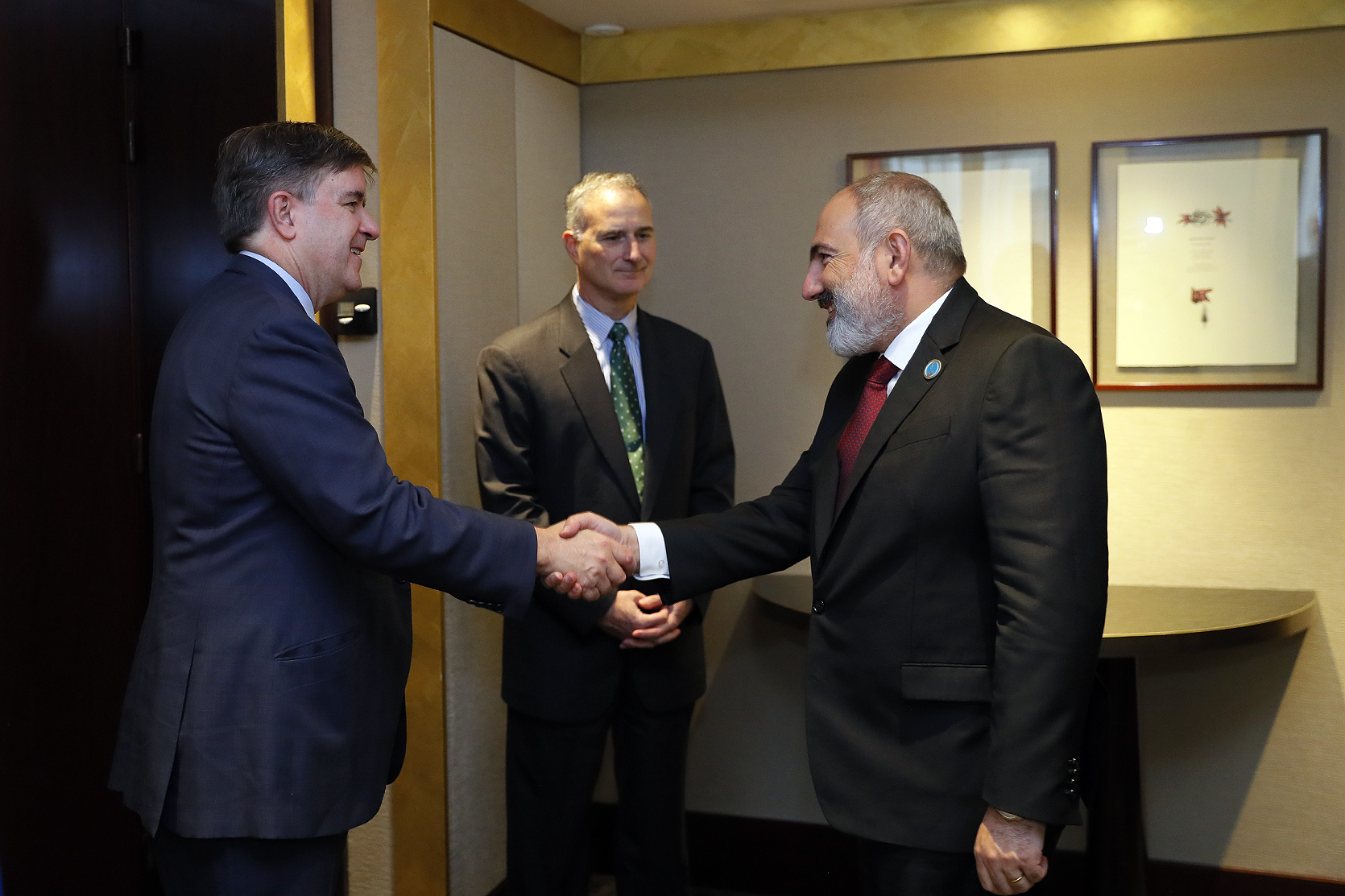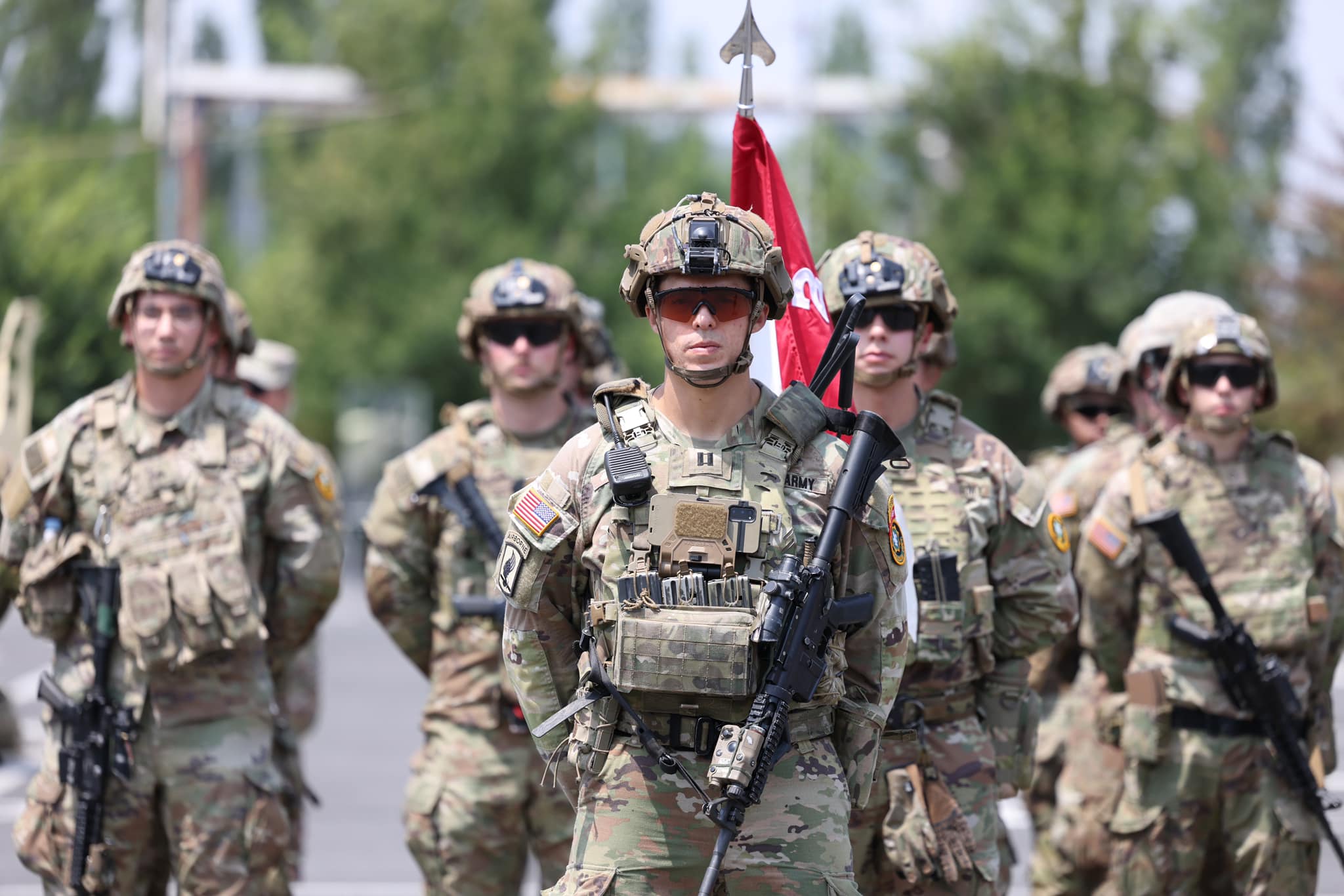
US policy in the Caucasus
“Formally, one can be a member of the CSTO military bloc, operating under Russia’s aegis, while effectively freezing membership and deepening cooperation with the US,” says political analyst Tigran Grigoryan.
He pointed to Yerevan’s military-technical cooperation with Paris as an example and noted that, for now, Armenia’s authorities do not plan to exit the Russian bloc. The expert explained that the country’s leadership manages to develop relations with the West while maintaining a frozen status in the CSTO, “whereas a formal exit could cause issues with Russia.”
In early September, the US Congress’s Helsinki Commission held hearings on Armenia, during which Tigran Grigoryan, speaking as an expert, emphasized the need to deepen Armenian-American military-technical cooperation.
“This issue is indeed being discussed. It’s not something I just made up and started talking about,” he added.
- “CSTO poses a threat to Armenia’s security and future existence,” says Pashinyan
- A year after Armenians’ exodus from Nagorno-Karabakh: Current situation and perspectives from Yerevan
- “France’s path to Armenia runs through Georgia.” Opinion from Yerevan
“Armenia cannot overcome existing challenges without US assistance”
Participants in the US Congress’s Helsinki Commission hearings noted:
“Azerbaijan shows no signs of withdrawing from Armenia’s occupied territories and is making new demands to delay the signing of a peace treaty.“
US Senate Foreign Relations Committee Chair Ben Cardin called one of Baku’s demands—to amend Armenia’s constitution—”ridiculous and pointless.”
Both Democrats and Republicans at the hearing agreed that Armenia is unable to overcome the existing challenges on its own, and therefore, Washington must provide political, economic, and diplomatic support to Yerevan.
US policy in the Caucasus
Just a few hours after the hearing, the US government announced an increase in financial aid to Armenia, from $120 million to $250 million. According to USAID, this decision was made to “contribute to the development of Armenia’s democracy and economy.”
Armenian political analyst Tigran Grigoryan urged commission members to strengthen Armenia’s military, economic, and democratic capabilities and to impose certain restrictions on Azerbaijan:
“At the very least, sanctions should be imposed on specific Azerbaijani officials and military personnel involved in war crimes and aggression against Armenians in Armenia and Nagorno-Karabakh. A lack of accountability only emboldens Azerbaijan to continue its aggression.“
The Helsinki Commission promotes human rights, military security, and economic cooperation across 57 countries in Europe, Eurasia, and North America. It was established by the US government over 45 years ago. While it does not issue binding decisions, it influences policy-making.
Commentary by political analyst Tigran Grigoryan
“Washington’s perception of Armenia is changing”
Tigran Grigoryan highlights that during the Helsinki Commission hearings, there was a noticeable consensus among both Democrats and Republicans on supporting Armenia. The political analyst points out that such full agreement is rare on most issues:
“And this presents a serious opportunity for Armenia, primarily to change how the country is perceived in the US.”
For many years, Armenia was seen as a “semi-independent entity with vassal status,” Grigoryan explains. As a result, relations with such an entity were either considered unserious or came with certain limitations.
“Now, these perceptions are changing. And if Armenia actively engages with the American political elite, it could achieve tangible results in terms of practical manifestations of these changes,” the analyst believes.
“The US tries to refrain from taking tough measures against Baku”
According to political analyst Tigran Grigoryan, the adoption of the “foreign agents” law in Georgia led to American sanctions, “yet there has been no reaction to Azerbaijan’s ethnic cleansing in Nagorno-Karabakh or its repression of its own citizens.”
Washington is pursuing a cautious policy and trying to avoid taking tough measures against Baku, Grigoryan says:
“Americans believe that if they take strong actions, Baku will cause problems in the negotiation process. However, we can see that Azerbaijan is already following a consistent policy and does not seem particularly interested in signing any agreements with Armenia, at least at this stage.”
In Grigoryan’s view, Armenia’s authorities should explain to US decision-makers that Azerbaijan interprets America’s cautious approach as weakness:
“And this gives Baku the opportunity not only to continue but to more intensively pursue a policy of forceful solutions.“
US policy in the Caucasus
“Washington must not turn a blind eye to existing problems”
The analyst noted that the hearings in the US also addressed the level of democracy in Armenia. Alongside positive changes, he sees systemic issues:
“We often observe that when Western governments talk about democracy, they refer to the ruling team or prime minister Pashinyan. They should focus more on strengthening institutions and supporting civil society.”
In Grigoryan’s view, the US, as a partner in Armenia’s democratic development, “must not ignore these problems; otherwise, the country may end up with the same problems that Georgia has faced.”
US policy in the Caucasus



